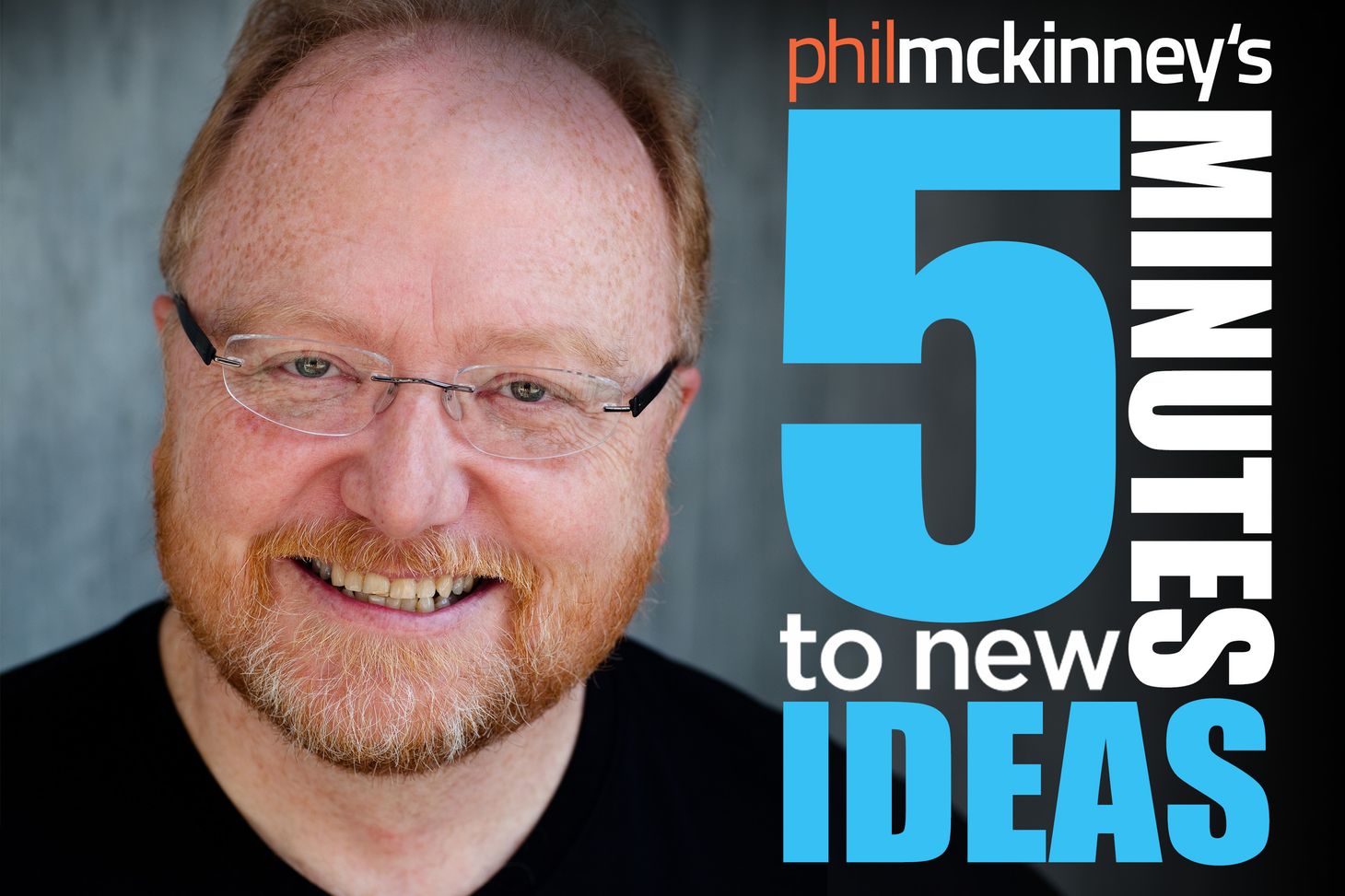What They Could Become

Great leaders - in business, government or society, know that when it comes to others, there is always more than meets the eye.
Earl Nightingale once shared a story that reminds us to look beyond what we think is obvious.
It seems that the NBC orchestra was about to be formed, David Sarnoff, chairman of the board of NBC, gave one directive: “Do not hire away any players from existing orchestras.” The people in charge managed to put together a superb orchestra -- all except for the first clarinetist.
When the great maestro Toscanini was about to arrive from Italy to take over the orchestra, Sarnoff was asked how the problem should be handled. Should Toscanini be left to find about the first clarinetist himself? - or - should they be up front and tell him? Sarnoff said, “Let’s tell him.” His associates said, “You tell him.” Accordingly, a group went down to meet the boat as it arrived in New Your City.
In his stateroom, Toscanini greeted Sarnoff and said, “That’s a fine orchestra you got together -- very fine, all except for the first clarinetist.”
Sarnoff was taken aback and asked, “Maestro, how did you find out?”
Toscanini then said, “I have been listening on a little short-wave radio I had in Milan, and I could tell.” Yes, he could hear the first clarinetist on a little radio in Milan.
Toscanini then said, “Take me to the studios.”
There the orchestra was rehearsing, and a special dressing room was waiting for him. He sent for the clarinetist, who arrived convinced that he was about to be fired. Toscanini said to him, “You are a good clarinet player, but there are certain things that you do wrong.” Then he began to work with him. The upshot was that the clarinetist stayed with the orchestra for 17 years and became one of the worlds best.
As is human nature, we tend to judge people based on who they are today. We fail to take the time and see them as they could be. With the right encouragement, patience, mentoring and a lot of training, you could play a role in helping them become the person you are looking for.
I grew up in Chicago and during summers, I would take the Illinois Central Train to attend weekend seminars at the University of Chicago. During one of those seminars, the instructor quoted a story about Dr. Robert Hutchins, who was chancellor of the University of Chicago back in the 1940s and ’50s. It seems a group was having a discussion about adult education, and someone made the comment that you can’t teach old dog new tricks. To which Dr. Hutchins responded, “Human beings are not dogs, and education is not a bag of tricks.”
When it comes to creativity and innovation, there are some who believe that all that is required is to search, find and then learn the “bag of tricks” of creativity to be successful. Or worse -- that everyone should already know the tricks and should be able to walk through the door and perform.
This is far too much to expect of a person. A recent Adobe study points out that only 25% of the workforce feel they are skilled and are applying creativity and innovation as part of their job.
We need to move beyond the idea that there is a “bag of tricks” and instead educate our people so that they can gain confidence in their ability to be creative - to be innovative.
Why don’t you take on the role of teaching others how to be more creativity - more innovative?
When you are the student, you learn something but you don’t completely “get it” until you try to teach it to others. When you try to teach something to someone else, you have to take that mess of information and organize it in a way that someone else can understand. In the process, you expand your own understanding and as a result, become better at creativity and innovation.
As the lyric from the Phil Collins song, Son of Man, goes, “In learning you will teach and in teaching, you will learn”.
In each of us is a deep reservoir of ability, even genius, that we consistently fail to take advantage of. It takes knowledge, practice and time to bring that ability to the surface.
Investing in your teams' creative abilities will have a return that far exceeds any other investment you can make. As Dr. Edward de Bono says...
There is no doubt that creativity is the most important human resource of all. Without creativity, there would be no progress, and we would be forever repeating the same patterns.
So - who is the clarinetist in your orchestra that has the hidden ability to be world-class?
Phil McKinney Newsletter
Join the newsletter to receive the latest updates in your inbox.




